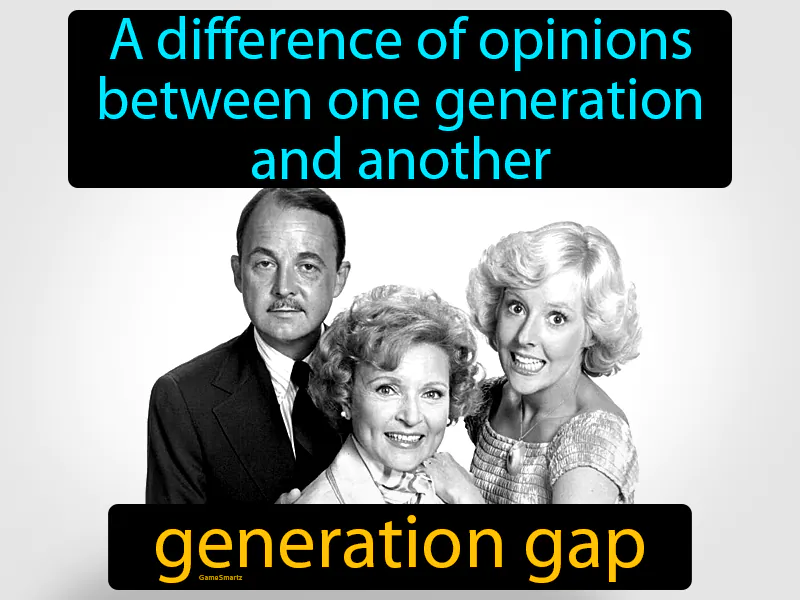Generation Gap
Generation Gap: Easy to understand
During the 1960s to 1980s, the generation gap was evident as younger people, especially the baby boomers, often disagreed with their parents on issues like civil rights, the Vietnam War, and cultural norms. This period was marked by widespread protests and demands for social change, highlighting the clash between traditional values and new, progressive ideas. The generation gap was important because it fueled debates and movements that led to significant societal transformations. Today, this concept still matters as different generations often have varying perspectives on technology, climate change, and social justice. For example, a teenager might advocate for environmental actions like reducing plastic use, while their older relatives might not prioritize it, showing how generational perspectives can influence daily decisions and family discussions.

Practice Version

Generation Gap: A difference of opinions between one generation and another. Generation gap. Throughout history, a generation gap refers to the differing attitudes and perspectives between older and younger generations, often leading to misunderstandings and conflicts.